Jaipur, the capital city of Rajasthan, is a vibrant hub of culture, history, and tradition. Known for its stunning palaces, majestic forts, and rich heritage, Jaipur also boasts a lively calendar of traditional festivals that reflect the city's cultural tapestry. These festivals offer a unique glimpse into the local customs and traditions of Jaipur, making it an exciting destination for travelers seeking authentic experiences.
The Essence of Rajasthani Culture
Rajasthani culture is deeply rooted in its traditions, art, and festivals. Each festival celebrated in Jaipur not only marks a significant event but also serves as a reminder of the region's rich history. Traditional festivals in Jaipur are characterized by colorful attire, lively music, dance performances, and elaborate rituals. From religious observances to agricultural celebrations, these festivals showcase the spirit of community and devotion that defines the people of Jaipur.
Major Traditional Festivals in Jaipur
Diwali Celebrations in Jaipur
Diwali, the festival of lights, is one of the most significant traditional festivals in Jaipur. Celebrated by Hindus, this festival symbolizes the victory of light over darkness and good over evil. The city comes alive with vibrant decorations, illuminated homes, and dazzling fireworks. Local markets are bustling with activity as people shop for sweets, gifts, and diyas (oil lamps). In Jaipur, special events and cultural performances are organized, making Diwali a joyous occasion for both locals and tourists.
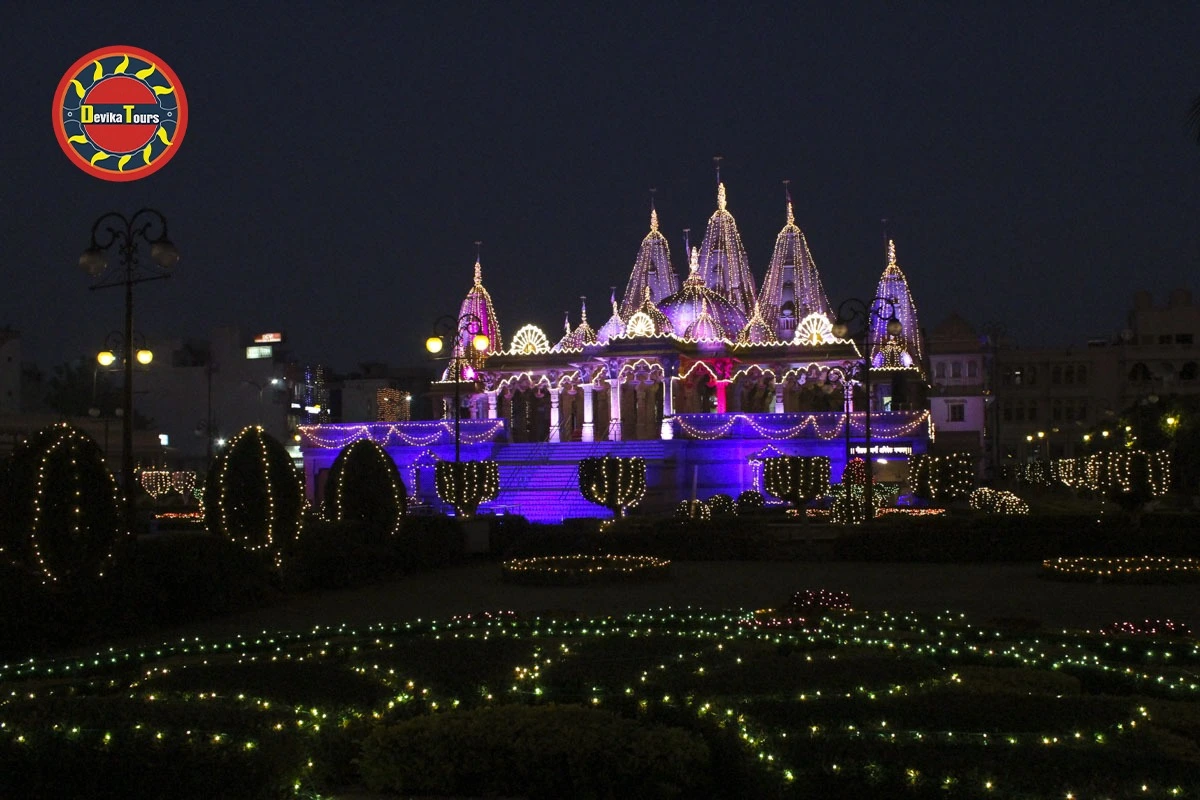
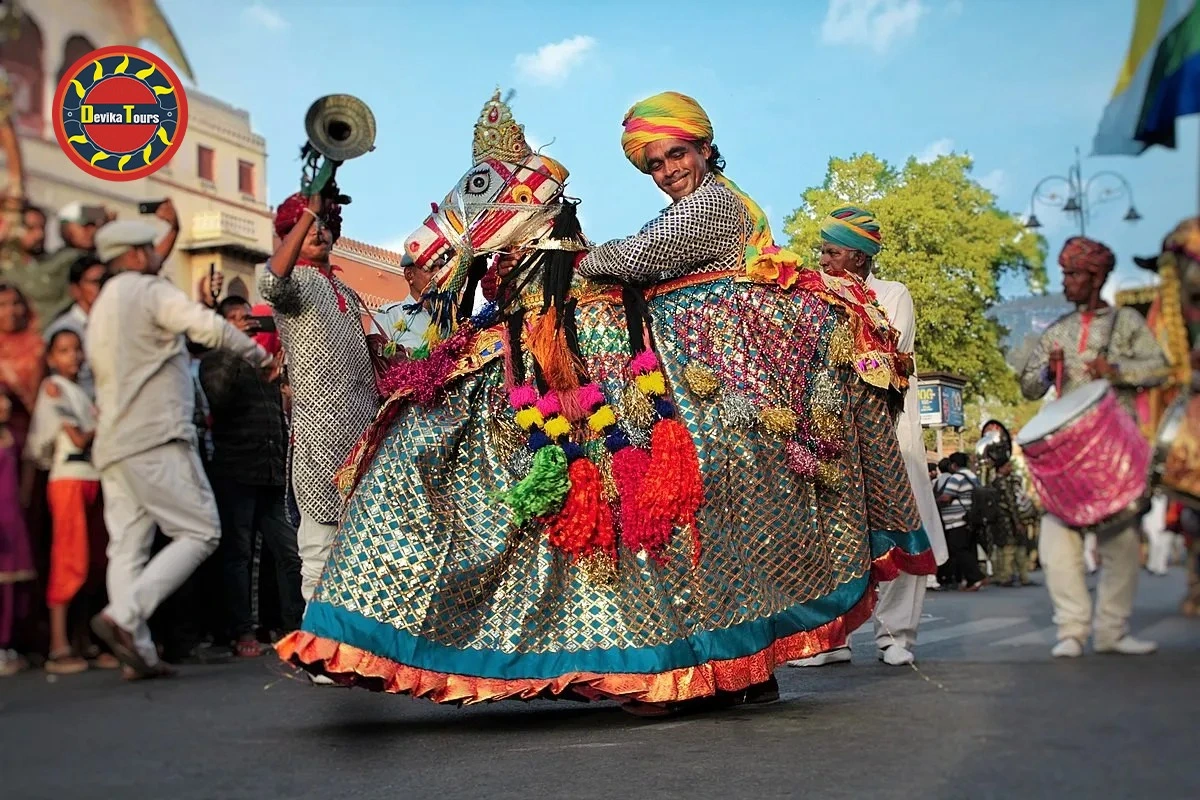
Teej Festival in Jaipur
The Teej festival, dedicated to the goddess Parvati, celebrates the onset of the monsoon and the bond between husband and wife. Women dress in colorful traditional attire, adorn themselves with jewelry, and participate in various cultural activities. The highlight of this festival is the Teej procession, which features beautifully decorated palanquins, folk songs, and traditional dances. The streets of Jaipur resonate with festive fervor as women swing on swings and enjoy the rain, making it a joyous celebration of femininity and love.
Gangaur Festival Traditions
The Gangaur festival is celebrated to honor the goddess Gauri and symbolizes marital bliss and prosperity. This festival is especially significant for married women, who pray for their husbands' well-being. In Jaipur, the celebration includes a grand procession featuring beautifully adorned idols of Gauri and Isar. The vibrant atmosphere, filled with music and dance, creates a captivating experience for spectators. The festival's rich traditions and rituals make it an integral part of Jaipur's cultural landscape.
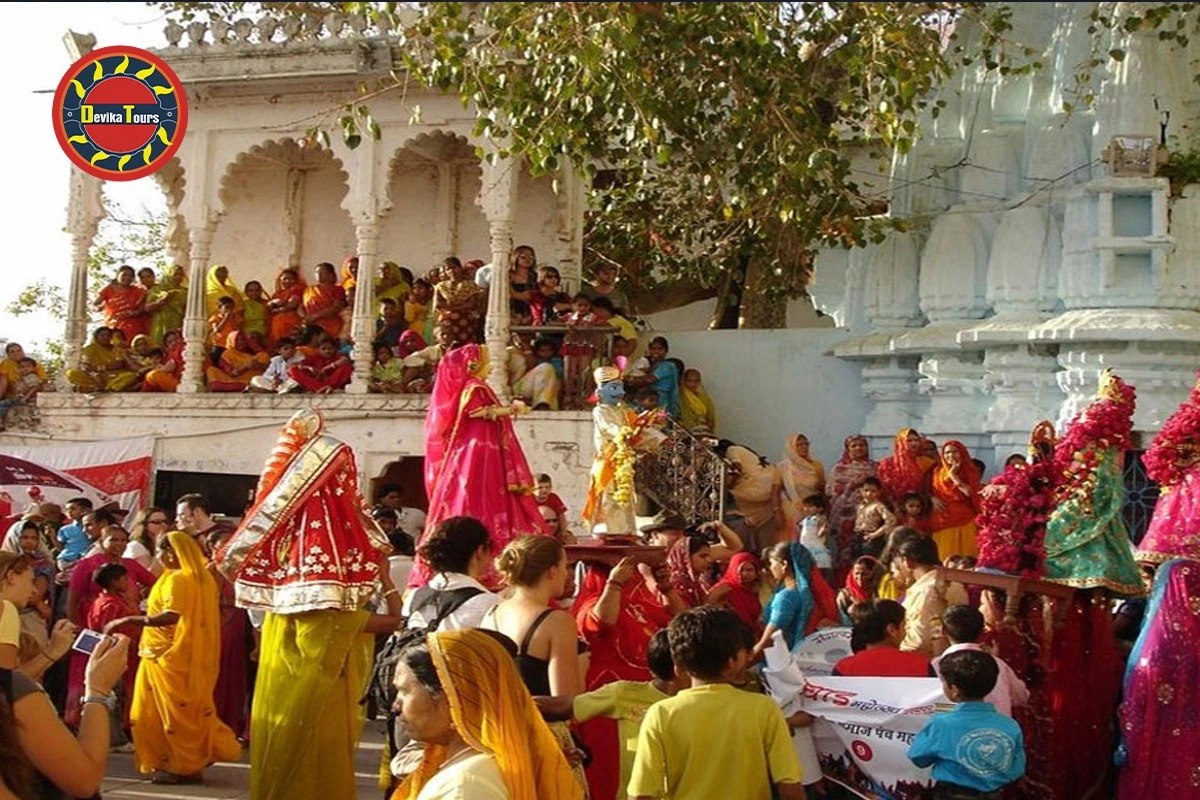
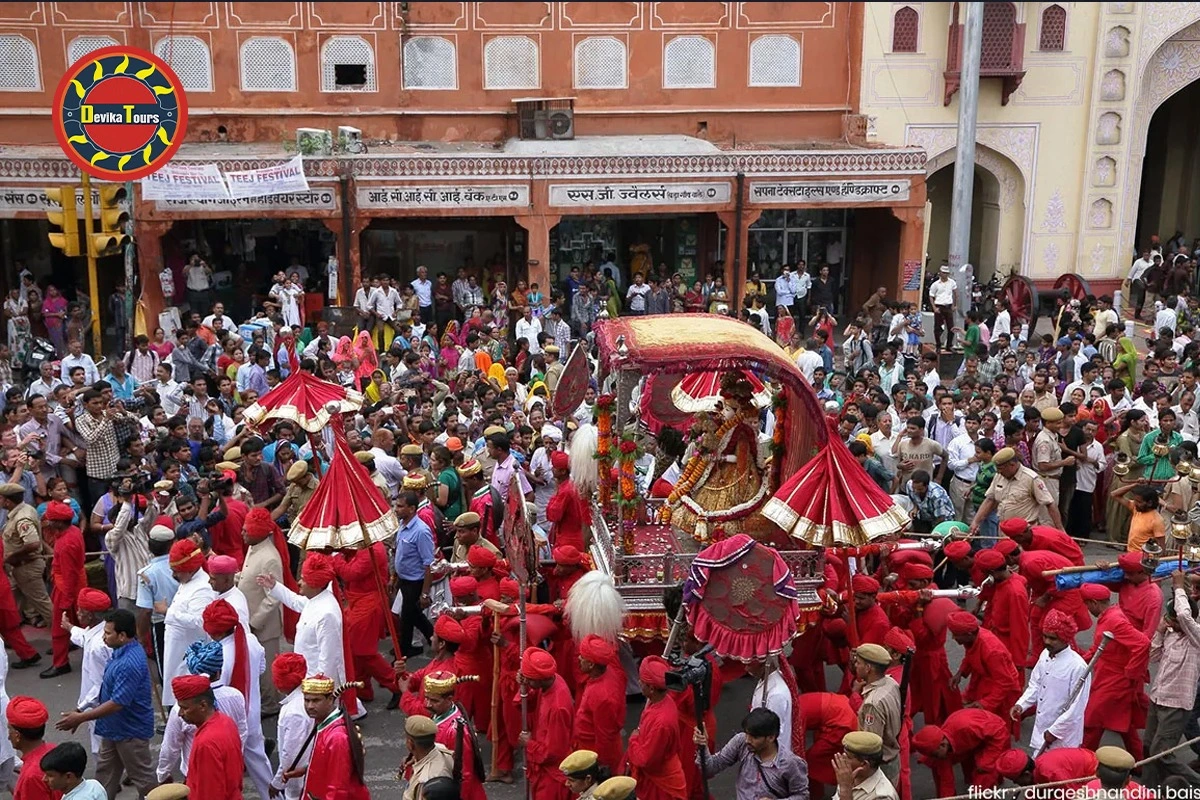
Jaipur Literature Festival
While not a traditional festival in the conventional sense, the Jaipur Literature Festival is a celebration of literary culture that attracts writers, thinkers, and readers from around the globe. Held annually in January, this festival showcases discussions, book launches, and performances by renowned authors. The vibrant atmosphere of the festival reflects the city's commitment to promoting culture and education, making it a must-visit event for literature enthusiasts.
Navratri Celebrations in Jaipur
Navratri is a nine-night festival dedicated to the worship of the goddess Durga. In Jaipur, this festival is celebrated with great enthusiasm, featuring traditional dance forms like Garba and Dandiya. The streets are adorned with colorful decorations, and community gatherings take place for dance and worship. The energy during this festival is infectious, with locals and tourists coming together to celebrate the divine feminine through music, dance, and devotion.
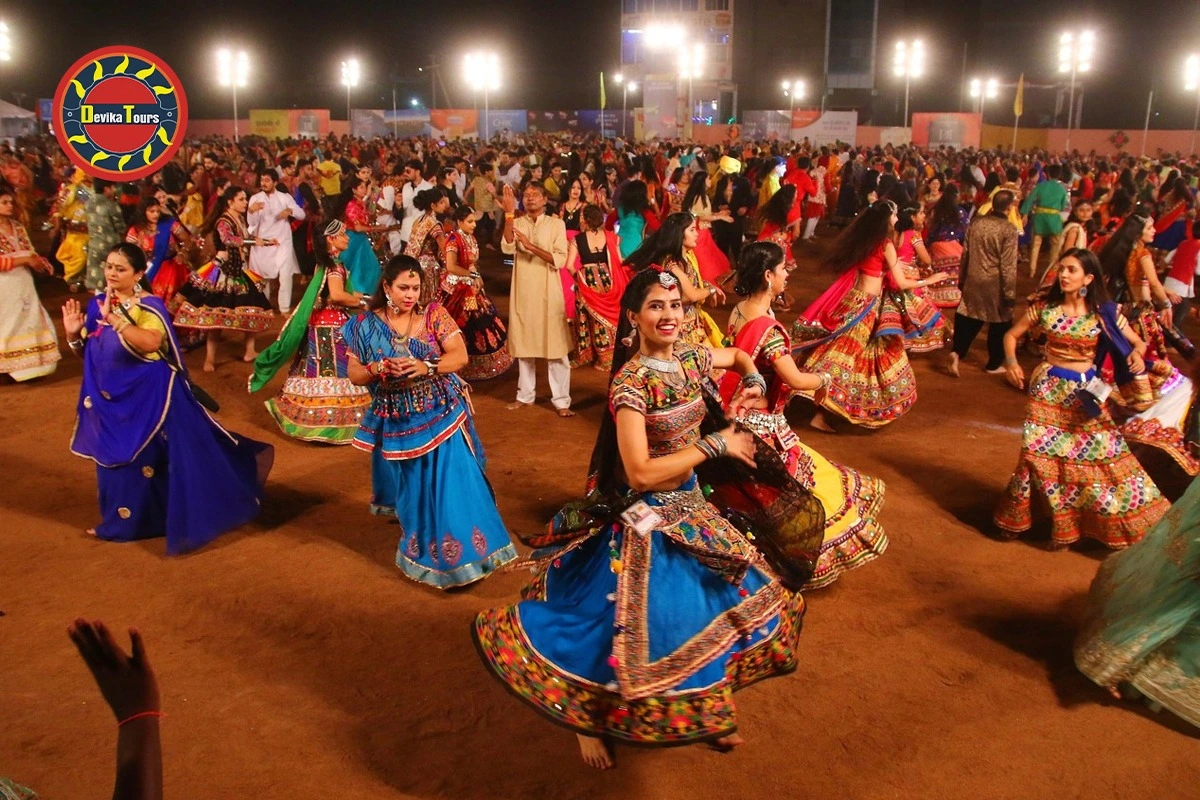
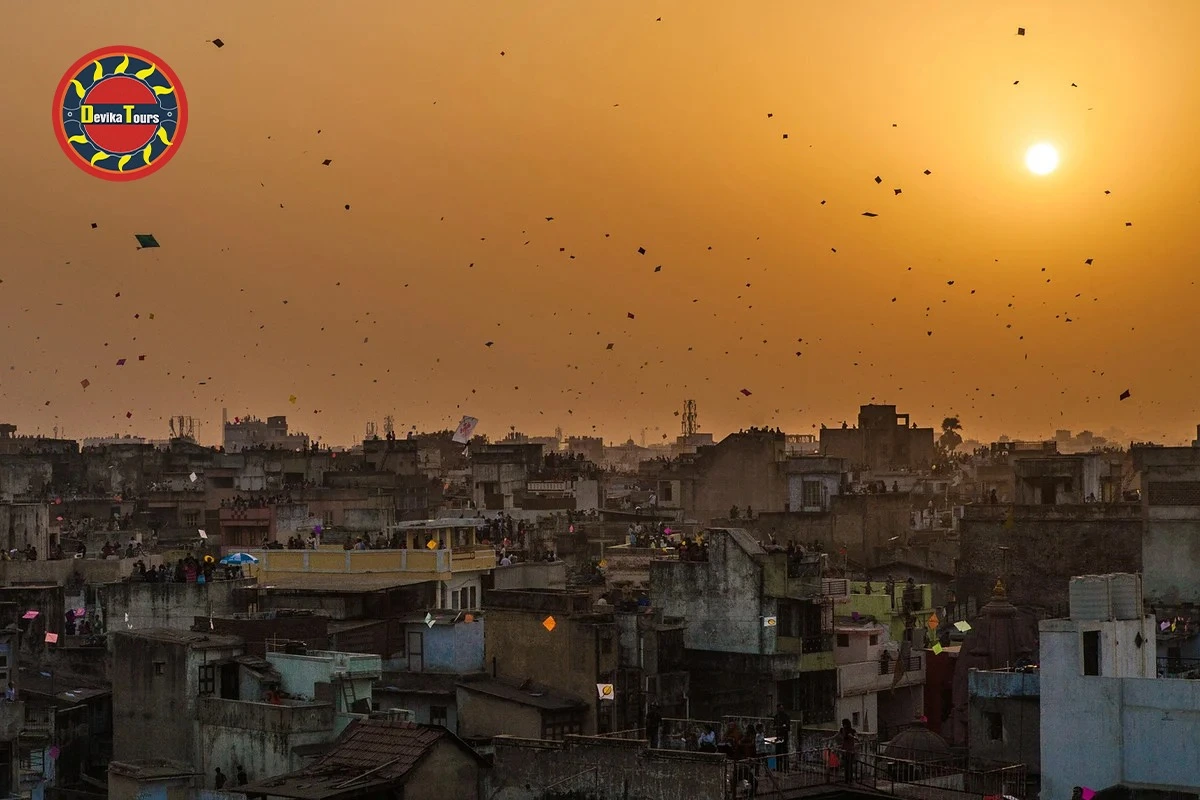
Makar Sankranti in Jaipur
Makar Sankranti marks the transition of the sun into the zodiac sign of Capricorn. This festival is celebrated with kite flying, making it a thrilling experience for visitors. The skies over Jaipur become a canvas of colorful kites as families and friends gather to enjoy the festivities. Traditional sweets like til ke laddoo (sesame sweets) are prepared, adding to the festive spirit. Makar Sankranti in Jaipur is a joyous occasion that brings people together in celebration.
Rajasthani Folk Traditions
The essence of Rajasthani culture is beautifully expressed through its folk traditions. From soulful music to vibrant dance forms, the traditional art forms of Rajasthan play a vital role in festivals. Performances featuring Ghoomar, Kalbeliya, and Bhavai dance captivate audiences, showcasing the rich cultural heritage of the region. Visitors to Jaipur have the opportunity to experience these performances during festivals, immersing themselves in the local culture.
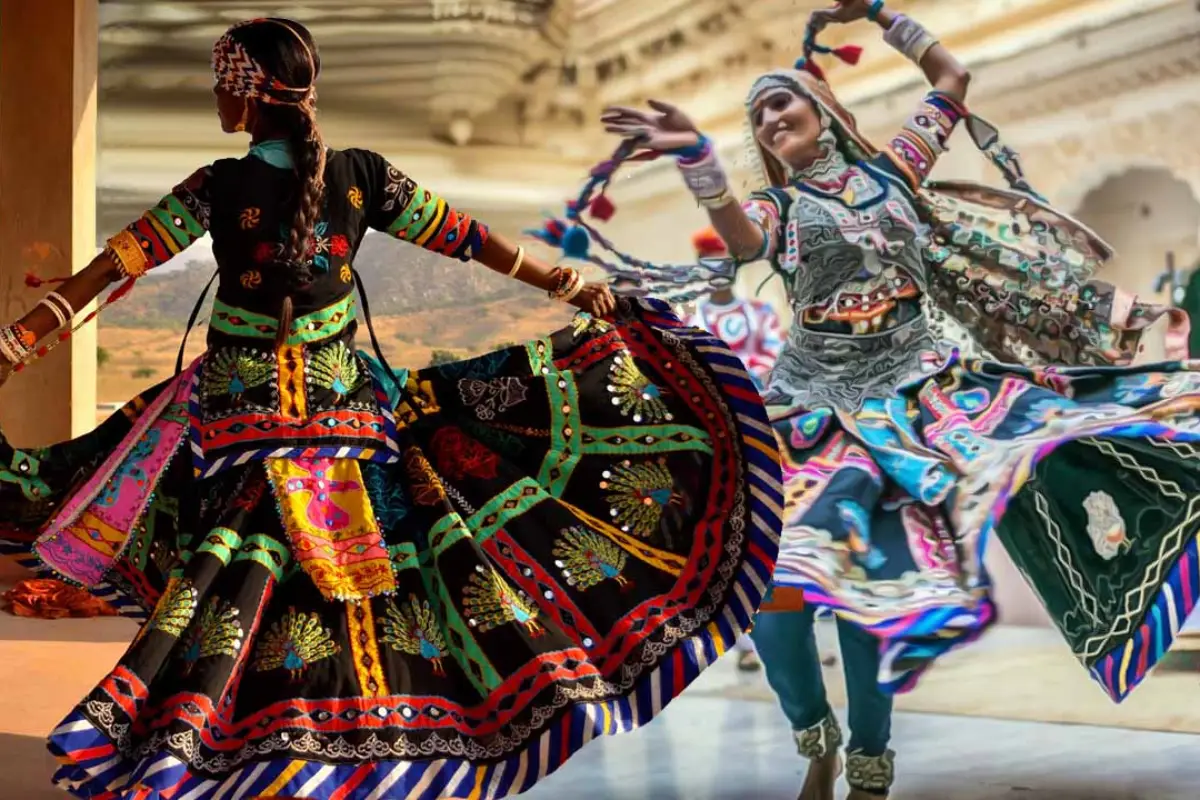
Cultural Significance of Traditional Festivals
The traditional festivals in Jaipur serve as a bridge connecting the past with the present. They provide a platform for communities to come together, celebrate their heritage, and strengthen social bonds. The rich tapestry of traditions, rituals, and customs associated with these festivals creates a sense of belonging and pride among the residents of Jaipur.
Moreover, these festivals play a crucial role in promoting tourism in the region. Visitors are drawn to Jaipur not only for its historical sites but also for the chance to witness and participate in these vibrant celebrations. By engaging with local customs and traditions, travelers gain a deeper understanding of Rajasthani culture.
Tips for experiencing festivals in Jaipur
- Plan AheadIf you wish to experience traditional festivals in Jaipur, it's essential to plan your visit in advance. Research the festival dates and schedule your trip accordingly.
- Participate in Local EventsMany festivals have public events, processions, and cultural performances. Engaging in these activities offers a chance to fully experience the richness of local culture.
- Dress TraditionallyEmbrace the spirit of the festivals by wearing traditional Rajasthani attire. This not only enhances your experience but also allows you to connect with the locals.
- Try Local CuisineFestivals often feature delicious traditional dishes and sweets. Don’t miss the opportunity to savor Rajasthani delicacies during your visit.
- Respect Local CustomsEach festival has its own set of rituals and customs. Be respectful and observant to ensure a positive experience while engaging with the local community.
Conclusion
Traditional festivals in Jaipur are a vibrant expression of the city's rich cultural heritage. From the lively Diwali celebrations to the colorful Teej festival, each event offers a unique glimpse into the traditions and customs of Rajasthan. These festivals not only celebrate the spirit of the community but also attract visitors from around the world, showcasing the beauty of Rajasthani culture. By participating in these celebrations, travelers can create lasting memories while gaining insight into the heart of Jaipur.
Whether you're a culture enthusiast, a foodie, or someone seeking new experiences, the traditional festivals in Jaipur promise a celebration of culture that is not to be missed.